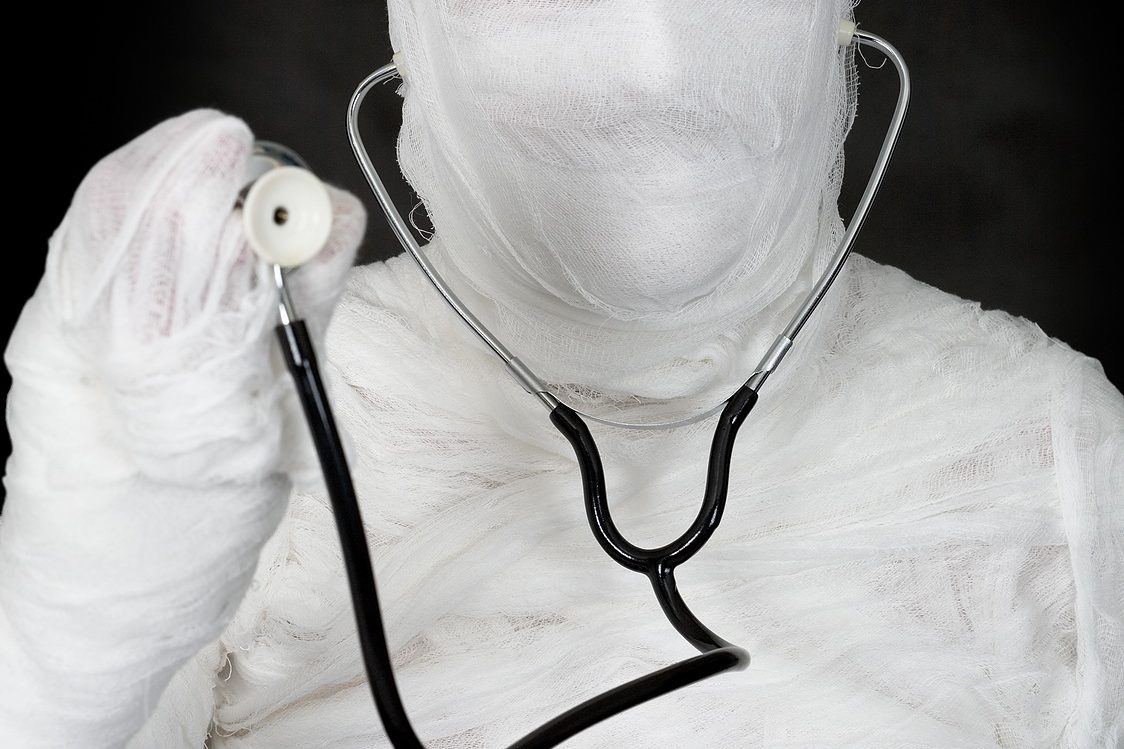It’s Shark Week at the Jersey Shore. Shark stories on TV. Shark inflatables on the boardwalk. Shark books in the stores. Me, I have not seen a single fin or tooth, although the 300-pound seal on the beach was most impressive. Still, it got me thinking…what ever happened to shark cartilage, which was supposed to cure cancer?
The observation was made more then 40 years ago that sharks did not get cancer. While not true, the concept opened up a whole area of possible treatment. What if sharks do not get cancer because they are more cartilage then bone? Is cartilage somehow cancer protective?
It turns out both bovine (cow) and shark cartilage may have some ability to block the growth of new blood vessels. The medical term for new blood vessel growth is angiogenesis. In the 1970s, researchers, lead by the brilliant pediatric surgeon Judah Folkman, found that angiogenesis was necessary for cancer’s growth. Dr. Folkman, who recently died, devoted his career to this idea, publishing his research hundreds of times, and founding this whole field of study.
In the last 15 years, there has been the development of multiple anticancer drugs, which block angiogenesis. Anti-angiogenesis drugs are proven anti-cancer agents. They include the antibody bevatuzumab (Avastin) to treat both lung cancer and certain non-cancer diseases such as wet macular degeneration. The tyrosine kinase inhibitors imatinib (chronic leukemia, stromal tumors), sorafenib (kidney cancer), and erlotinib (lung cancer) attack blood vessel formation. Banned in the 1950s for its horrible side effects in pregnant women, the anti-angiogenesis drug thalidomide makes a difference in the lives of myeloma patients everyday.
However, it turns out that shark (and bovine) cartilage is a failure as an anticancer agent. Multiple research trials find no benefit in treating cancer. One study sponsored by the National Cancer Institute showed absolutely no benefit in lung cancer. Another trial failed to show help for breast or colon cancer patients (Mayo Clinic). Alas, shark cartilage is not an anticancer therapy.
The lesson is the importance of research and data. If anyone tells you, the patient, about treatment that can “help,” they should prove it. Whether you are seeing a physician, a chiropractor, a dentist, or a practitioner of alternative / complementary medicine (CAM), there should be research that shows the theory, risk, side effects and benefit. Personal experience of the health care practitioner or observations about a couple patients is not enough. In the vernacular, you should tell the prescriber to “show me the money.”
Alternative medicine is a 60 billion dollar a year business in this country. Most patients are using such “treatments.“ I encourage patients to tell their physicians what CAM therapies they are using, be it vitamins, Reiki, chelation, homeopathy or immune boosters. These treatments can interact with proven therapies and increase side effects or sometimes stop benefit.
Just as I endeavor to show patients the research that supports my cancer treatment recommendations, I suggest that patients demand such information from any practitioner recommending alternative therapy. Only with clear data can patients make the tough decisions about choosing the best care.







1 Comment